
Israel’s Security Lapses as a Reflection of Lot Consciousness
The October 7th attack by Hamas terrorists on Israel was a double surprise. The brutality and barbarism of the attack, the unspeakable cruelty of the

The October 7th attack by Hamas terrorists on Israel was a double surprise. The brutality and barbarism of the attack, the unspeakable cruelty of the

And Abraham rose early in the morning, and saddled his ass. Geneses 22:3 And Moses took his wife and his sons, and set them upon
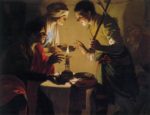
And these are the chronicles of Isaac… (Genesis 25:19) So Esau went unto Ishmael, and took unto the wives that he had Mahalath the daughter
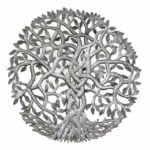
As always in science, every answered question breeds new questions. Now that we understand that the Tree of Life and the Tree of Knowledge are

And out of the ground made the Lord G‑d to grow every tree that is pleasant to the sight, and good for food; and the
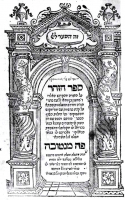
In the six hundredth year of Noah’s life, in the second month, on the seventeenth day of the month… all the fountains of the great

Sefer Yetzira speaks of three dimensions: Olam, Shanah, and Nefesh (Sefer Yetzirah, 6:4.) Olam means “world” and signifies space. Shanah means “year” and signifies the dimension of

The Talmud (tr. Shabbat) discusses two opinions about the manner in which we are to light Chanukah menorah. According to Hillel, we light the first
This post is a continuation and the conclusion of the previous post, THE FIFTH FORCE. Aside from the connection with the last week’s Torah portion,
In the Torah portion Emor (Leviticus 21:1–24:23), we are instructed to abstain from work every seventh day on Shabbat. Next week’s Torah portion, Behar, continues
This post is a continuation of the earlier post, The End of Days I. In this Torah Portion, Shemot, we read about the encounter between
In this Torah portion, Vayechi, Jacob, gathers his children to reveal to them “Ketz HaYamim”–“the End of Days.” Rashi explains that Jacob’s intention was to
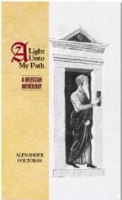
The mezuzah is one of the few miẓvot ([divine] “commandments”) for which the Torah states its reward. In this case, the reward is a long
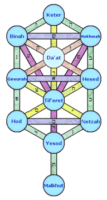
In this Torah portion, Devarim (Deuteronomy 1-3), Moses recalls the travels through the Sinai desert when G‑d told him: Be not at enmity with Moab,

The Torah portion of Yitro (Ex. 18), is the high point of the story of Exodus—the giving of the Decalogue on Mount Sinai. In a strange
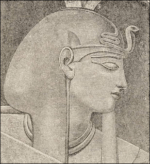
There is a continuous thread about the mastery of time that weaves through the last chapters of the book of Genesis (Bereshit) and continues through
Pinchas You shall apportion the Land among these as an inheritance, in accordance with the number of names. To the large [tribe] you shall give a